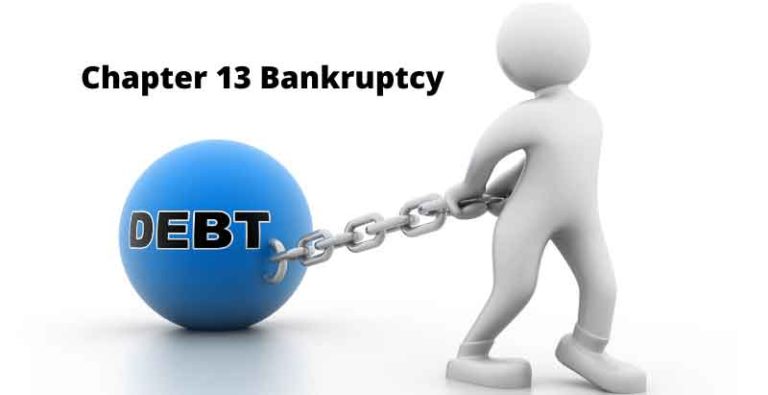Chapter 13 Bankruptcy
Home > Practice Areas Bankruptcy Chapter 13 Bankruptcy

Who is Chapter 13 for?
Chapter 13 is specifically designed for individuals – not corporations – who have regular income. Also, the individual’s unsecured debts (such as credit cards and unsecured personal loans) must be less than $394,725 and secured debts (such as mortgages and car loans) less than $1,184,200 in order to qualify (as of 03/19/20; these amounts change periodically).
How does it work?
Chapter 13, or wage earner as it is commonly referred to, allows individuals with regular income to adjust what they owe. It lets the individual keep their property and pay off the debt over time, typically three to five years years. Under Chapter 13, an individual proposes a repayment plan, which if approved, will allow then eliminate or reduce certain debts, typically within three to five years. While the chapter 13 case is pending and while the payment plan is being followed, creditors cannot take action to collect or repossess. This means no more pesky calls, final notice letters, new liens, or wage garnishments. The Bankruptcy code provides the bankruptcy protection, known as the automatic stay from the moment of filing the bankruptcy case. Individuals must take an online course prior to filing bankruptcy and another course after the filing,
What information is required?
Bankruptcy law requires full disclosure of all assets and liabilities. After an initial consultation with an attorney at the Law Office of Henry Hernandez, PA, the client will provided a detailed list of documents and information that are required including the following:
- A list of all creditors and the amount owed to each one.
- The source, amount, and frequency of the individual’s income.
- A list of all of the individual’s property.
- A detailed list of the individual’s monthly living expenses, i.e., food, clothing, shelter, utilities, taxes, transportation, medicine, etc.
If the individual filing is married, the above information is also required for their spouse regardless of whether they are filing together, separately, or even if only one spouse is filing for bankruptcy.
